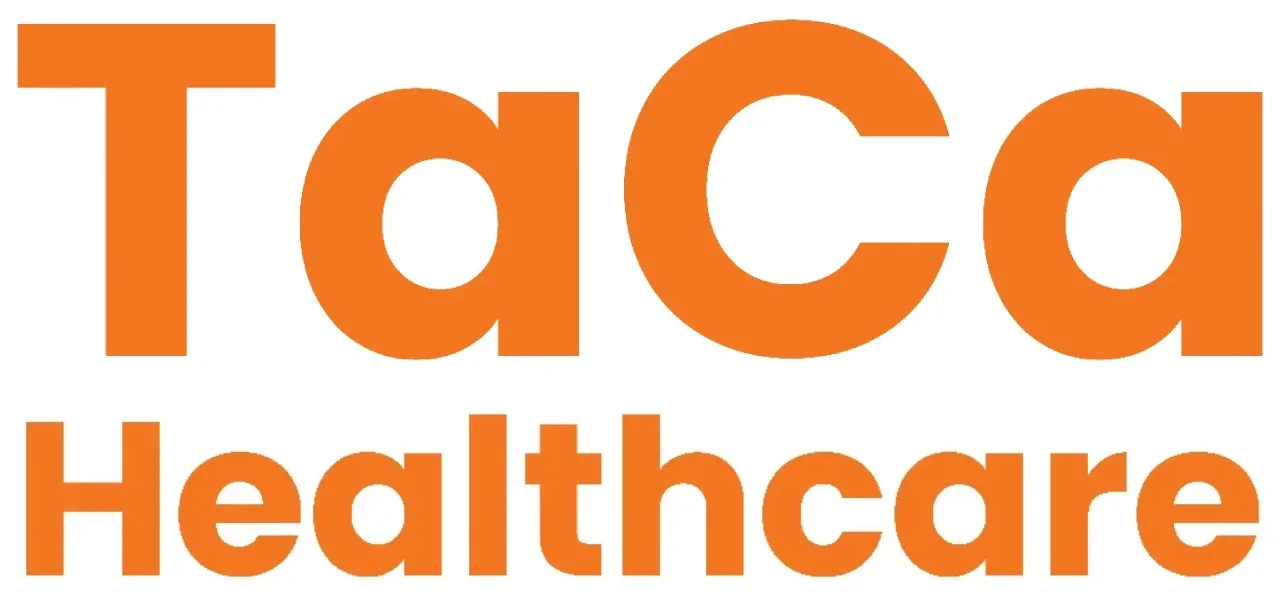Mineral and salt deposits accumulate inside your kidneys, forming kidney stones, also known as renal stones. Kidney stones can be caused by a variety of factors, including diet, obesity, certain medical conditions, and certain supplements and medications.
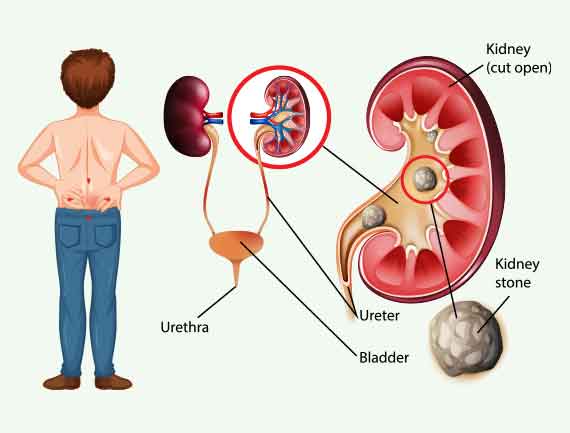

At TaCa Healthcare we align a dedicated TaCa dost with each and every kidney stone patient so that you don't have to worry about formalities & paperwork at hospital.

Taca Healthcare offers Treatment of kidney stone at very affordable rate. We also provide insurance paperwork support. TaCa Healthcare is working on a Mission to make kidney stone treatment affordable in India.

Depending upon your insurance provider kidney stone treatment is covered up to 100%. TaCa Healthcare ensures Hassle free treatment experience that too at very low cost.
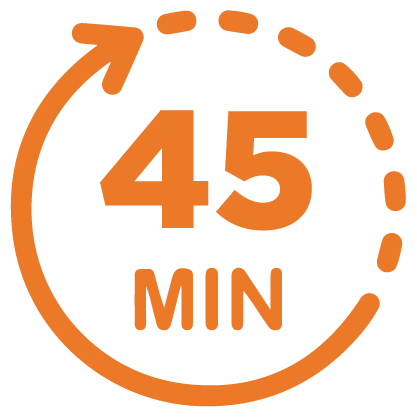
kidney stone procedure takes a maximum of 45 minutes to complete. kidney stone treatment is a daycare procedure wherein patient can get discharged and go home early.

Kidney stones can injure any part of your urinary tract, from your kidneys to your bladder. Minerals crystallise and join together in concentrated urine, resulting in stones.
Kidney stones can be uncomfortable to pass, but if found early enough, they seldom cause long-term damage. Depending on your circumstances, you may merely need to take pain medication and drink plenty of water to eliminate a kidney stone. In some circumstances, such as when stones become lodged in the urinary tract, are linked to a urinary infection, or cause complications, surgery may be required.

A kidney stone is a hard item that is formed from urine chemicals. Shockwave lithotripsy, ureteroscopy, percutaneous nephrolithotomy, and nephrolithotripsy are all options for treating a kidney stone. Severe lower back pain, blood in the urine, nausea, vomiting, fever, chills, or urine that smells or looks murky are all common symptoms.
Various wastes are dissolved in urine. Unless it is eliminated in the urine, the crystals attract additional elements and combine to form a solid that will grow in size. If you are drinking plenty of fluids, it helps drain out the toxins and prevent stone formation.
The stone can move down to the urinary path into the ureter. The small stones can then pass through the urine without giving you much pain. However, if the stones don’t move, they can cause a back-up of urine in the kidney, ureter, bladder, or urethra. This is the source of the discomfort.
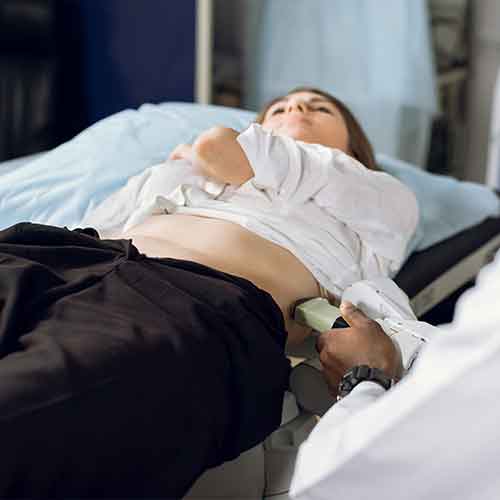
A kidney stone does not usually cause symptoms until it moves about inside your kidney or goes through your ureters, the tubes that connect your kidneys and bladder. If it becomes stuck in the ureters, it can restrict the flow of urine, causing the kidney to enlarge and the ureter to spasm, both of which can be quite painful. You may experience the following
Your doctor will first check whether you require medication after being diagnosed. Some tiny kidney stones may pass through along with urine. This can be excruciatingly uncomfortable. If your doctor feels that you might need a treatment, you can either choose medicine or surgery depending upon the situation.
Medications
Prescription medications may be given to:
Kidney stones are treated with four different types of procedures. Out of the four treatments, the first three have very less invasion in the body which means that the surgeon will make a minor incision in your body.
Ureteroscopy
A little instrument called a ureteroscope is placed into your urethra, past your bladder, and into a ureter to complete this surgery. This device displays kidney stones before retrieving them in a surgical “basket” or using a laser to break them apart. The smaller bits of kidney stones can then pass through your urinary tract and out of your body.
Shockwave lithotripsy
You’ll be placed on a special surgical table or tub for this treatment. Water is used to send high-energy shockwaves to the stone (s). The shockwaves break apart the stones, making it easier for them to depart your body.
Percutaneous nephrolithotomy
Percutaneous nephrolithotomy is explored when previous treatments fail to treat kidney stones, either because there are too many stones, the stones are too large or heavy, or because of their location. A catheter is introduced directly into your kidney through a small incision in your back in this treatment. An ultrasonic probe is used to disintegrate the stones, which are then suctioned out so you don’t have to pass any fragments. Following the surgery, a urethral stent is inserted (an internal tube from the kidney to the bladder which is removed one week later). Many a times, the patient is asked to stay at the hospital for a night.
Open stone surgery
During this procedure, a longer cut is used. It is infrequently used in comparison to minimally invasive techniques.
While recovery times vary by operation, most patients are fully recovered and able to resume their typical activities within six weeks. Many patients feel substantially better after the first week, but caution must be exercised to ensure complete healing.

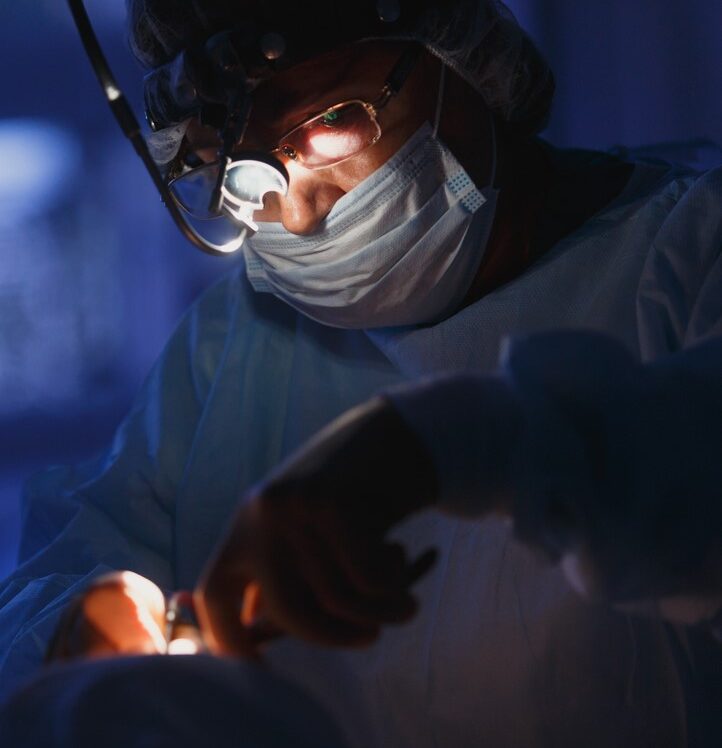
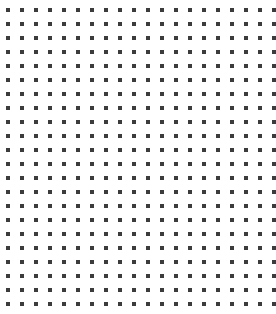
TaCa Healthcare's mission is to provide high-quality, cost-effective surgical care available to you near your home.
We work with specialist doctors and healthcare partners to implement proven innovations and best practices to transform patient care.
We are just a call away. Call us at: +91 9319880099
We are currently operational in Delhi/NCR, Bhopal, Indore, Jabalpur, Hyderabad, Sonipat.
TaCa Healthcare is committed to making quality multi-specialty surgical care accessible to everyone, everywhere. We have a large network of hospitals, expert surgeons, and we use latest surgical technologies to ensure better surgical outcomes, shorter hospital stay, and faster recovery for our every patient.
No, we currently provide elective surgeries.
TaCa has its own clinics, where you can meet the surgeons directly.
